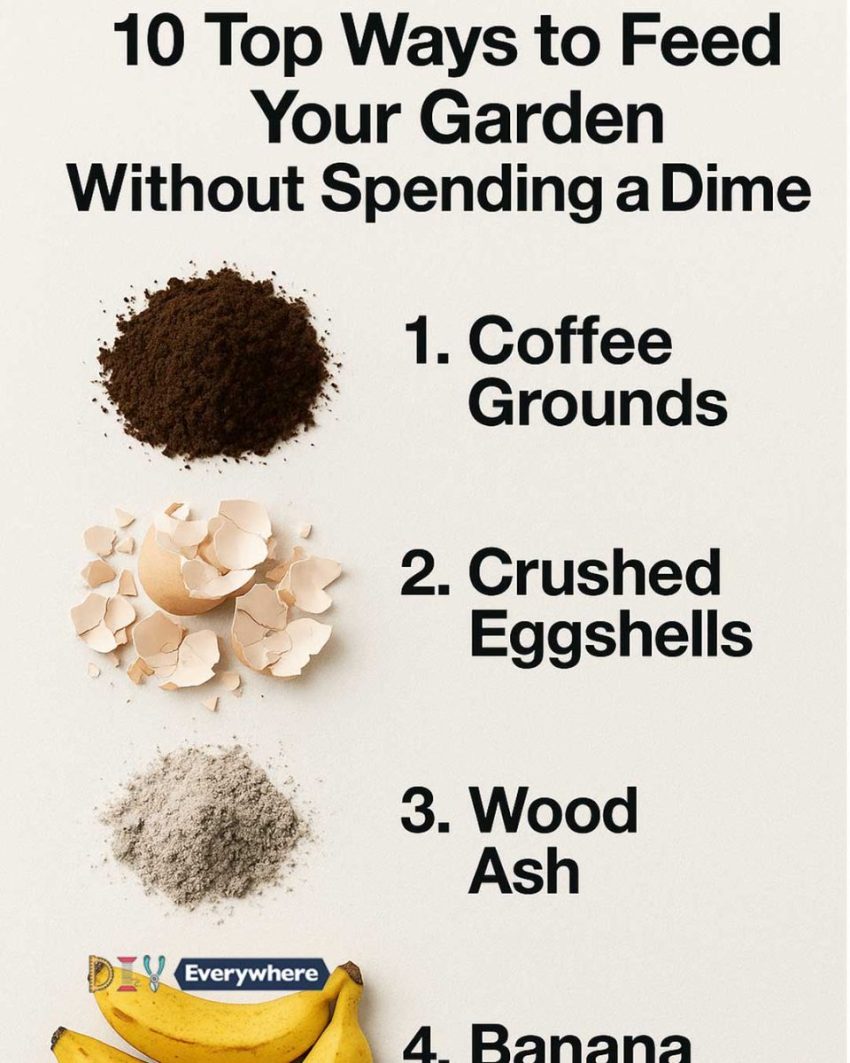ADVERTISEMENT
Benefiting from Eggshells
Eggshells are another household waste product that can benefit your garden. They are rich in calcium, which is essential for plant growth, particularly for preventing blossom end rot in tomatoes and peppers. Crush the shells and sprinkle them around the base of your plants or add them to your compost pile. This not only enriches the soil but also helps deter pests like slugs.
Making Use of Fireplace Ashes
If you have a fireplace, don’t discard the ashes. Wood ash contains potassium, calcium carbonate, and other trace elements that can benefit your garden. Sprinkle ashes lightly over garden beds to amend the soil, but be cautious not to overapply, as excess ash can alter soil pH levels. This natural amendment is perfect for gardeners looking to recycle resources effectively.
Practicing Crop Rotation
Implementing crop rotation in your garden is another strategy to maintain soil fertility without additional cost. By rotating different plant families in your garden beds each season, you can prevent the depletion of specific nutrients and reduce the risk of pest and disease buildup. This practice mimics natural ecosystems and promotes a healthy, balanced garden environment.
Embracing Companion Planting
Companion planting involves growing certain plants together to enhance growth, deter pests, and improve soil fertility. For example, legumes like peas and beans fix nitrogen in the soil, benefiting neighboring plants. Similarly, marigolds can repel harmful insects, while aromatic herbs can attract beneficial pollinators. This synergistic approach not only boosts plant health but also maximizes garden productivity.
Leveraging Natural Mulches
Natural mulches such as straw, leaves, or bark can be used to cover the soil surface, conserving moisture, suppressing weeds, and gradually adding nutrients as they decompose. This method reduces the need for synthetic fertilizers and helps maintain a stable garden ecosystem. By sourcing these materials from your yard or nearby areas, you can create a sustainable and cost-effective mulch that benefits your garden all year round.
ADVERTISEMENT

